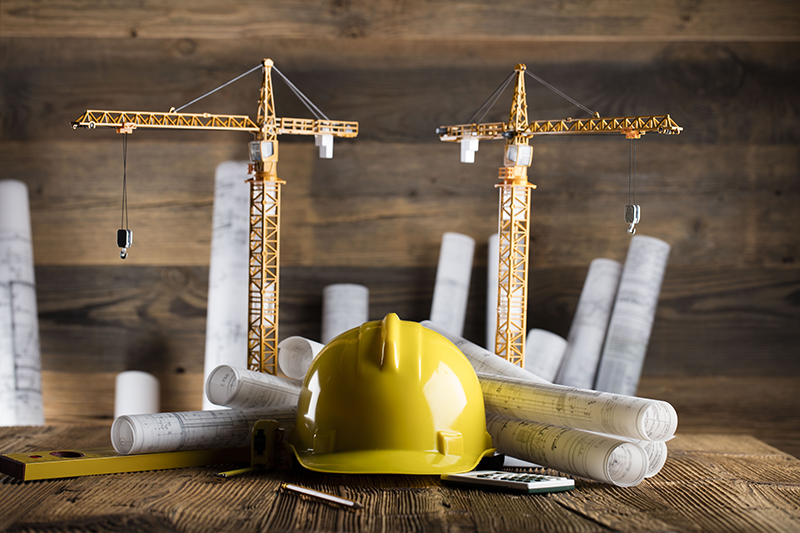
A number of leading industry bodies have urged the Scottish Government to implement a gradual re-opening of non-essential construction sites, within the parameters of health and safety requirements, as soon as possible.
In a letter to Minister for Local Government, Housing and Planning, Kevin Stewart MSP, the Royal Institution of Chartered Surveyors (RICS), Royal Incorporation of Architects Scotland (RIAS) and Chartered Institute of Building (CIOB) explained that ‘urgent action’ is needed to avoid a ‘long-term detrimental impact’ on the construction sector and the economy.
Signed by John Edwards (chair of RICS in Scotland), Gareth Williams (chair of CIOB Glasgow Hub) and Robin Webster OBE PRIAS (president of RIAS), the letter says that stasis is already taking hold of the sector in Scotland with many projects at ‘significant risk’.
The organisations say that unless measures are put in place now, potential consequences include long-term skills shortages, cost increases and reduced productivity.
“One of the biggest impacts of closed construction sites is that we are finding contractors and supply chains are now engaging in a comprehensive furlough of staff to the point that a state of paralysis is setting into the construction industry,” the bodies state. “Many projects are in jeopardy, even at pre-construction phase, because the supply chain cannot submit quotes and prices. Any delay in project planning and procurement will cause projects to be cancelled, and it could prolong the recovery”.
They industry bodies believe that the construction industry is well placed to police itself through relevant regulations, including additional HSE enforcement.
RICS, RIAS and CIOB also call on the Scottish Government to introduce:
- A VAT rebate fund for home repair and maintenance, and energy efficiency improvement measures, with parity between new build and existing properties
- The prioritisation of pre-construction design and specification work leading to tenders, ensuring there is a flow of activity into the industry
- The instruction of appropriate building surveys/condition inspections now of publicly owned buildings, such as schools, colleges, museums and libraries that are currently vacant
- An initiative to encourage a large-scale public sector programme of maintenance works that will assist cash flow for SMEs, supporting the supply chain and retaining skills.
- The maintenance of public sector pre-design and development work to ensure that design professionals are able to support future public sector development programmes
- Having the Scottish National Investment Bank provide guarantees of bank lending, acting as a longer-term post-pandemic CBILS, that will encourage investment in Scotland’s infrastructure programme








